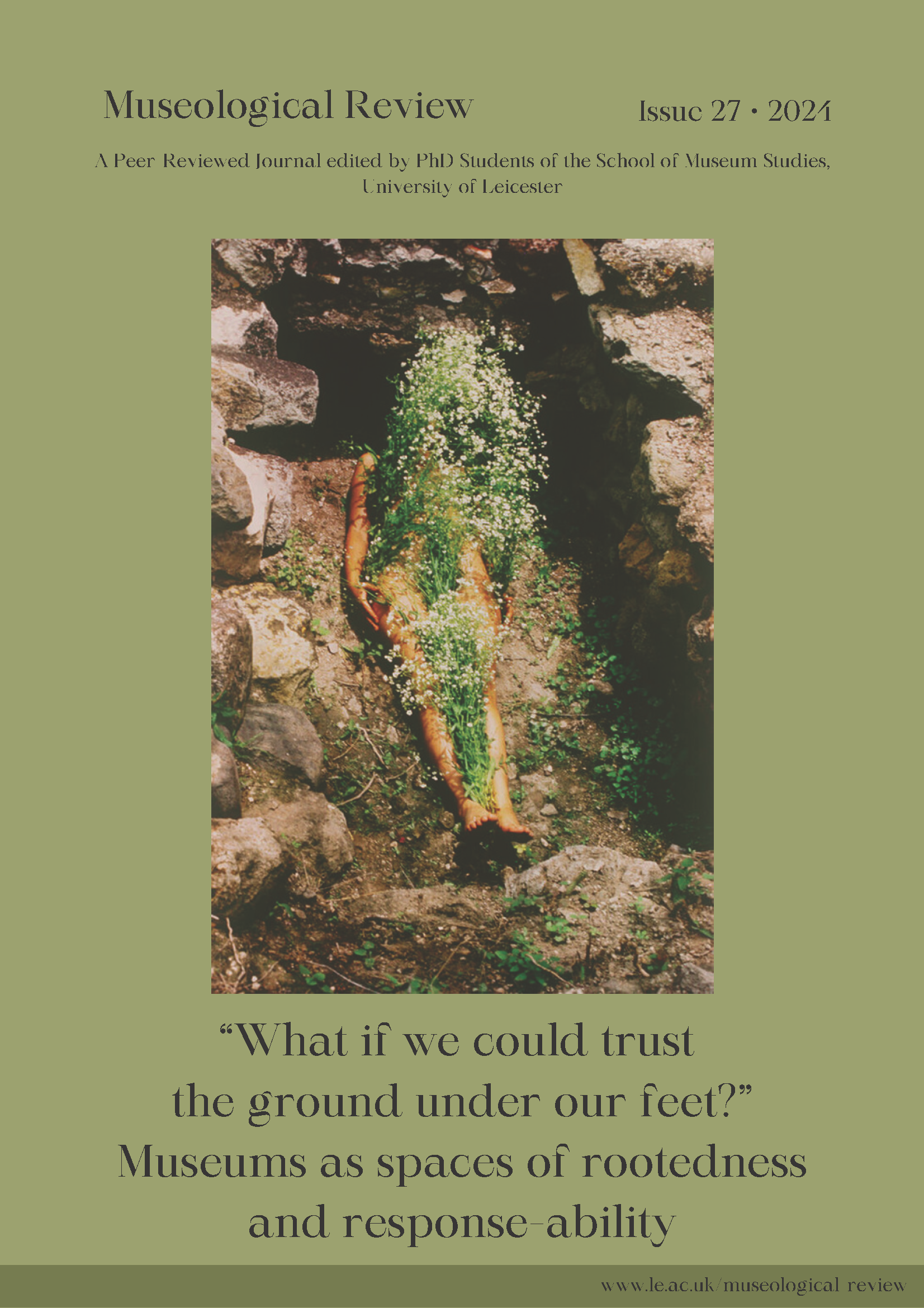‘The Pompidou Of Iguaçu’: Cultural Impact And Reconfiguration Of The Art Systems In South America
DOI:
https://doi.org/10.29311/mr.vi27.4876Abstract
Exploring the history of Centre Pompidou and its global influence within 21stcentury art systems, this article analyses its museological model and expansion strategy, focusing on plans to establish a Brazilian outpost in Foz do Iguaçu, located in the triple border area between Argentina and Paraguay. Drawing on recent literature and media coverage, the study addresses soft power relations and the so-called Bilbao Effect as key concepts in this operation. It highlights similarities with the global rise of private art museums and examines the hybrid public-private nature of the enterprise in Brazil. The article compares this initiative to other Centre Pompidou expansions in Spain, China, and the United States, discussing concerns raised by academics in these regions regarding the display of major private collections and public art policies in contemporary South America. Finally, the cultural impacts of this expansion are explored, focusing on the potential homogenisation and exoticisation of local cultures, framed as part of a re-colonial process that commodifies cultural differences.
Keywords: Centre Pompidou expansion, global art systems, Foz do Iguaçu art museum, museological models, cultural impact.
Downloads
Published
How to Cite
Issue
Section
License
Copyright (c) 2025 Angelo Rafael da Luz

This work is licensed under a Creative Commons Attribution-NonCommercial-NoDerivatives 4.0 International License.




